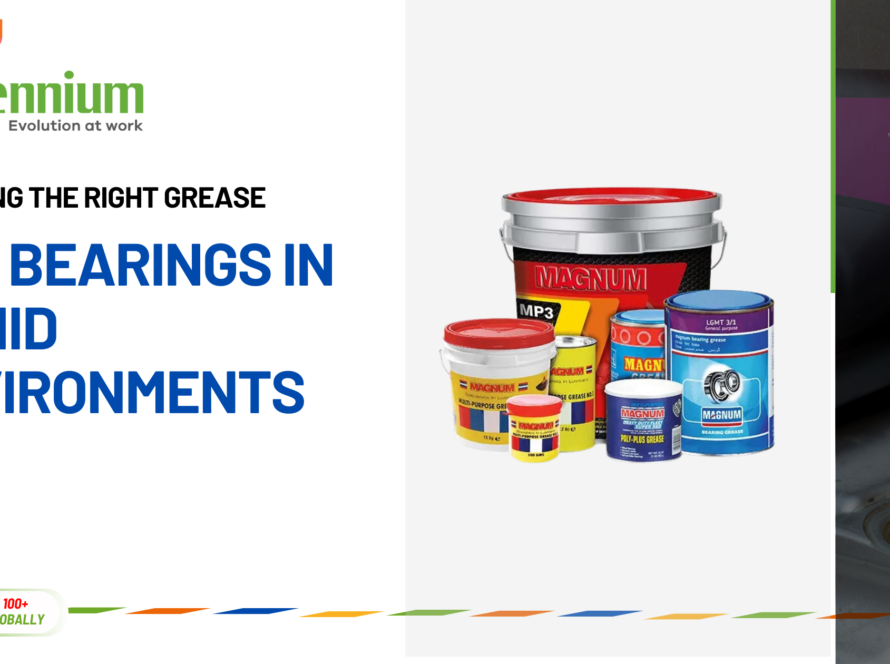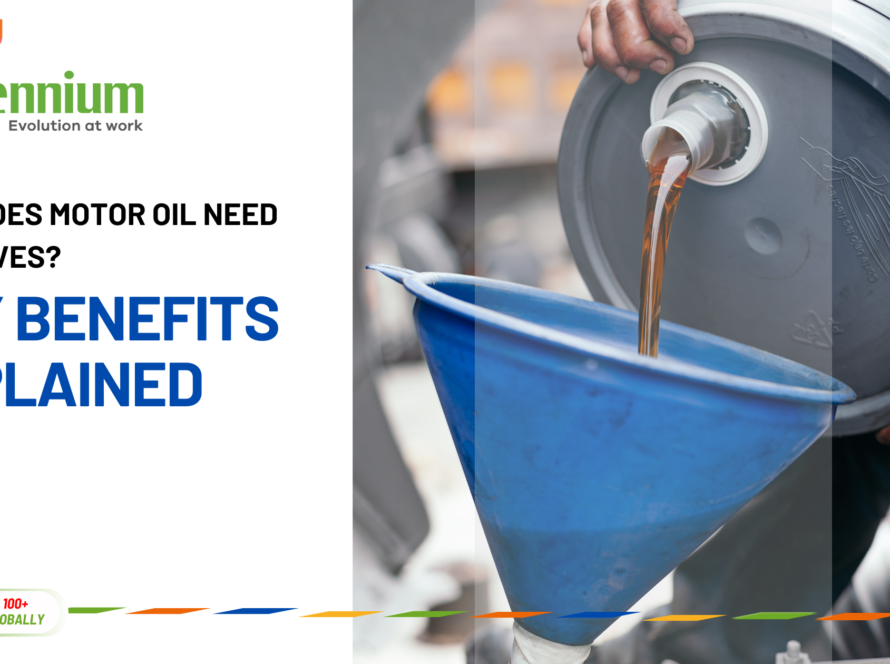A car owner must pay heed to the engine of the car she/he owns to get long-term performance, efficiency and safety. Maintenance also involves a lot of effort and money in the long run if not delivered with regularity. In the following pages, you will learn more about the most critical engine care tips and recommendations for your car.
Why Engine Maintenance is Important
The Role of Regular Maintenance in Engine Health
Reliability is important in every means and a steady check on the engine of the automobile is the key to it. Its maintenance prevents fatigue, improves fuel economy, and promotes efficient running of the car body.
This means that if you care enough to service your engine, you minimize the chances of having it develop faults, or blow up. While failure to take care of the engines results in some serious problems that would have been easily prevented.
Benefits of Proper Engine Maintenance
Engine maintenance has many advantages that include; increased performance, better fuel efficiency and low emissions.
Further, to increase the efficiency of your car, important aspects that may lead to costly damages are best served by being addressed regularly. Whenever you spend some time dusting off your car or making sure that the oil is checked, you’re looking for long-term road worthiness of the car.
Key Engine Maintenance Tasks
Regular Oil Changes
Oil is the blood of your engine and regular oil change is necessary for maintaining the best oil quality and engine cleanliness. Unfortunately, the qualities are not permanent; instead, over time the oil looks for dirt and debris and becomes ineffective. With time, friction, overheating and premature wear and tear of the engine are eliminated by the routine changing of motor oil.
Check and Replace Air Filters
Interceptors are important in filtering proper air mass flow into the engine for combustion. Metal grease for instance can block a number of filters in the engine thereby cutting down air flow and creating a situation where the engine has to work harder to sustain the energy demand, thus the fuel consumption is seriously affected. Changing the air filter as prescribed by your vehicle’s manufacturer is one of the best ways that you can maintain good engine health.
Monitor Coolant Levels
As we know, coolant helps control the temperature to prevent your engine from getting too hot. This could be as a result of; low or old coolant will cause the automobile engine to overheat and consequently have some serious damage. One must always ensure the coolant levels are okay, and change the fluid on a routine basis.
Inspect Spark Plugs and Wires
Spark plugs are part of the system and the primary role they play is to ignite the fuel-air mixtures inside the engines. Get bad spark plugs, or damaged wires; you will end up with the vehicle that misfires, is less efficient and has low performance. Regular checks on these parts, and their replacement, allows for easy running of the engines.
Replace Timing and Serpentine Belts
Timing and serpentine belts constitute loops that perform vital functions in a vehicle’s engine. These belts act as driving forces to things such as the valve timing and the operating of secondary systems. Sometimes people forget to inspect them and replace them with an appropriate frequency to prevent the machine from breaking down.
Tips for Everyday Engine Care
Warm Up Your Engine Before Driving
Letting your engine warm up before driving, particularly during cold conditions, will guarantee the proper distribution of the oils protecting various internal components to reduce wear. Do not use the accelerator pedal during this period in order to avoid putting pressure on the engine.
Avoid Overloading Your Vehicle
Any extra pounds that your car is carrying are additional burdens to your engine and therefore decrease the efficiency and lifetime of the engine. It is important not to overload your vehicle over the long-term to prevent injury.
Use Quality Fuel and Additives
Survey the different types of fuel and understand that the type of fuel you use determines the quality of the performance of your engine. Low-emissions fuel lowers carbon build-up and enhances vehicle performance. Moreover, using fuel additives can help to a certain extent in the cleaning of the engine and the improvement of the performance of the car.
Preventive Maintenance Checks
Check Fluid Levels Regularly
Checking fluid level is part and parcel of engine maintenance and such fluids include; engine oil, coolant, transmission as well as brake fluid. Such fluids must be at its required levels so as to maintain proper running and Cut down on its wear age.
Inspect Engine for Leaks
Any kind of fluid leaks could be an indicator that an engine has problems with either oil or coolants. If a leak is detected it is important to tackle it to avoid it becoming bigger and causing more harm.
Listen for Unusual Sounds
This is especially important if you hear a knock or grinding sound since both are normally associated with engine issues. Listen to these sounds and get a mechanic to attend to your car in order to sort out the problem.
When to Seek Professional Help
Recognizing Warning Signs
Some signs that need attention include; warning light on the dashboard, the car emitting thick smoke from the exhaust or reduced performance. Some of these symptoms may be a sign of severe engine problems that need the services of a mechanic.
Benefits of Professional Engine Diagnostics
These days, and through the use of advanced machinery, one can diagnose the engine while the primary symptoms of the issues at hand may not be visible on the engine. This prevents one from making mistakes while trying to solve some problems on your own since it’s expensive and time-wasting to do so.
Common Mistakes to Avoid in Engine Maintenance
Ignoring Routine Checks
It is also evident that failure to service the engine means that such simple activities as an oil change or inspecting the fluid level can be disastrous. It is important to perform these particular checks routinely in order to avoid expensive repairs.
Using the Wrong Oil or Parts
Choosing the wrong oil or wrong components with your engine can lead to a lot of problems and the efficiency will be cut down. The choice of products shall only be the ones that meet your vehicle requirements and the owner’s manual will always help.



